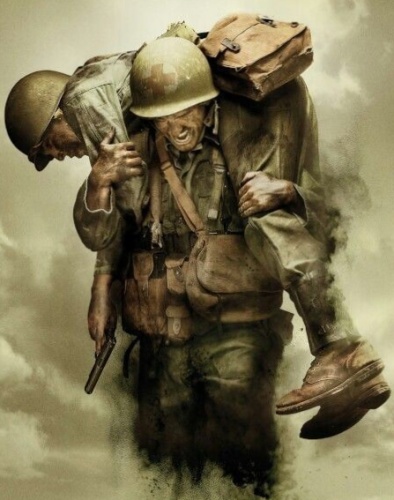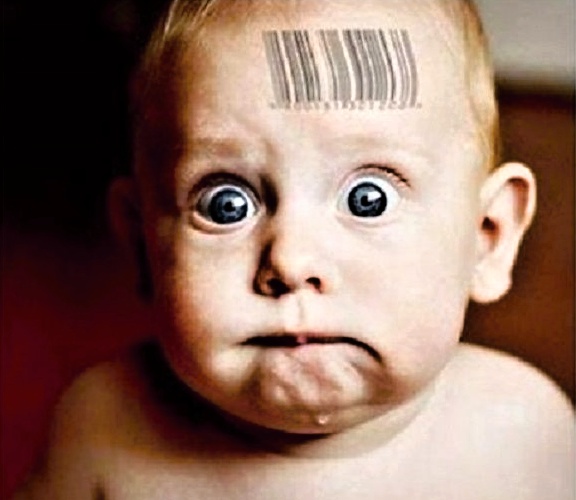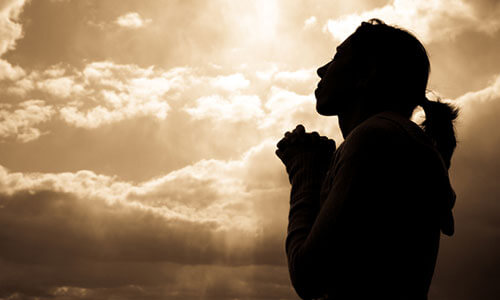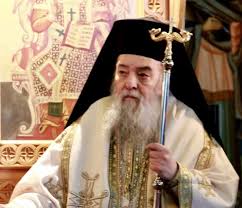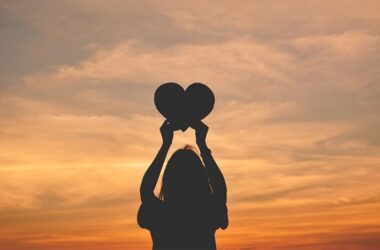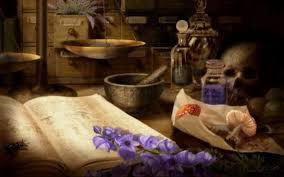I remember that in the army all the soldiers had a single purpose. I was struggling but there was sacrifice made by others us well, and it did not matter if they believed or not in the afterlife. Why to die the other one? He is a family man, they said and they went in a dangerous mission. The sacrifice these men made was even more precious than the sacrifice made by a believer. Because the believer believed in divine justice, in divine reward while those men didn`t know the sacrifice they made was not lost and they were to receive a reward for it in the afterlife.
During the German occupation, in the times of Dabachi [1], the Italians arrested many young Greek officers, they took them on a ship and drowned them. After that the first men they caught, they tortured to tell them who were those who had guns. There you should have seen what sacrifice some laymen made! In Konitsa, near our house, in the place where now the built the Church of Saint Kosma the Etolian, before that it was a mosque. They closed them in the mosque and they beat them with a lash all night long and that lash had at its ends balls with thorns or with raw wires and at their ends they put pieces of lead. And this steel wire ripped off the skin. And for not being heard the cries of those tortured men the sang and played music. From that it came out the saying `beating with music`. They hung them with their heads down and the poor men were spewing blood on their mouths, but they didn`t speak because they thought: `If we confess – because they knew who had guns – then afterwards they would beat everyone to confess.` That is why the first ones said: `Let us die to prove them the others don`t have any guns.` There were others who confessed for some amounts of flour that for instance someone had two guns. The people starved and they betrayed each other for money. Then some Italians from a battalion made of abandoned children showed their hate like some barbarians. They were taking small children and they put them on the heated stove and they let them there to burn. And they did this to make their parents confess if they or other people had guns. `No, I don`t have` the grown-ups said and those men burnt their kids. What I means is that, although they were laymen, they preferred to die so that the others would not be beaten or killed. They saved many people in this way. Thanks to those brave men our people survived.
Those who die bravely, don`t die. If there is no heroism, nothing can be done. And you should know that who is faithful is brave too. Makryanis [2], the poor man, how much he suffered! And in what times.
`My eyes were exhaling smoke` it is written somewhere, father.
`Yes, his eyes were exhaling smoke. Because of the tension and worry he had, his eyes seemed to exhale hot steam. He was in that situation and he sacrificed himself out of love and pain.
He didn`t think of himself and he never took himself into account. He was not afraid they would kill him when he fought for his homeland. Makryanis had some divine experiences. If he had become a monk, I think he would have reached a level close to that of saint Anthony the Great. He was making 3000 prostrations every night and besides that he was hurt. His wounds opened and his guts came out and he put them back inside. Three of my prostrations equal one of his. He watered the earth with his tears. If we had been in his place, we would have gone to the hospital to take care of us. The laymen will judge us.
[1] Dabachi Constantinos, national hero, colonel in infantry during the Second World War. He died in 1943.
[2] Makryanis Ianis (1797-1864). He was one of the leaders of the Revolution from 1821. He was arrested in 1852 and in 1854 he was released from prison. Sick he spent most of his time in the house or in a cave from the neighborhood he had filled with icons. He died on 27th of April 1864.
Excerpt from Spiritual Awakening– Pious Paisios the Athonite, Evanghelismos, 2012.

